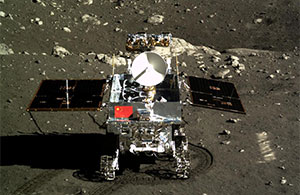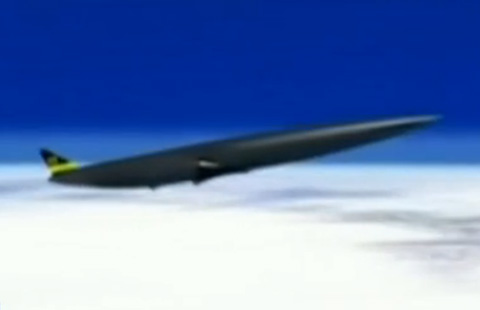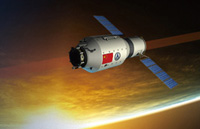Didi's home-court advantage delivers a win
By Randy Wright (China Daily) Updated: 2016-08-05 08:01If you're planning to do business in China, be warned: The Chinese have a major home-court advantage.
I know a little about home-court advantages, being from Utah. I'm a Utah Jazz fan since the days when Karl Malone and John Stockton turned the pick-and-roll into a steamroller. There was Thurl Bailey with his operatic voice, and a tectonic land mass known as Mark Eaton at 2.24 meters and 132 kilograms.
The Jazz has long led the sports world with a home-court advantage far above the NBA league average of 3.2 points per game. Between 2005 and 2013, the Jazz had an astonishing 6.2-point advantage when playing at home.
If China were an NBA franchise, its home-court advantage would be off the charts - which presents a big challenge for Western companies. Giants like WeChat, Alibaba and Baidu have held firm against would-be Western invaders. Apple, too, is feeling the squeeze.
Why? One factor may be Chinese quality. WeChat is, I humbly submit, superior to Western social media products, and I've encouraged all my relatives in the United States to use it. Another factor is the sheer gravitational pull of culture - including the Chinese language and way of doing business. Then there's the Chinese regulatory regime, which is sort of like having helpful home-court referees in the NBA.
A few days ago, China's size advantage on its home court was on full display with the merger of ride-sharing innovators Didi Chuxing and US import Uber China. Travis Kalanick, Uber's chief, had tried his best, but Didi's mass was simply too much to overcome, and Uber was sucked in to China's orbit.
Uber's ceding of China to Didi was a telling moment, yet the company retains an 18 percent piece of the domestic pie. Its $2 billion investment in China magically morphed to around $7 billion in value. And the road ahead appears to be paved with gold.
If you're going to lose to the home team, cash like that certainly must ease the pain. Didi can now do the heavy lifting, and Uber will still rake in so much money it will have to stop counting and start weighing.
The win-win deal frees the intrepid Kalanick to invest billions in other parts of the world where Didi won't be. Uber can grow without the hassle of an aggressive giant panda nipping at its heels all the time.
In fact, the two friendly partners, can now potentially divide up the world between them - as Churchill and Stalin divided postwar Europe on a piece of scrap paper, which Churchill called the "naughty document".
Of course, there's nothing naughty about ride-sharing. It's a powerful business model with exploding global demand.
My wife and I have become devoted Didi fans, catching a ride or two almost every day in Beijing. My only worry is that a monopoly in the marketplace will lead to higher prices. That would take some of the shine off the home court's hardwood.
- Health certificate steps reduced for foreigners
- Himalayan rail route endorsed
- Beijing lawyer Zhou Shifeng jailed for subversion
- China opens S China Sea website
- Ministry issues draft rules for car-hailing business
- 700 officials punished by green teams
- Hangzhou learns the language of summit success
- Panda twin births boost the hopes for survival
- Top court clarifies law at sea
- Nida's landfall brings travel to a standstill










